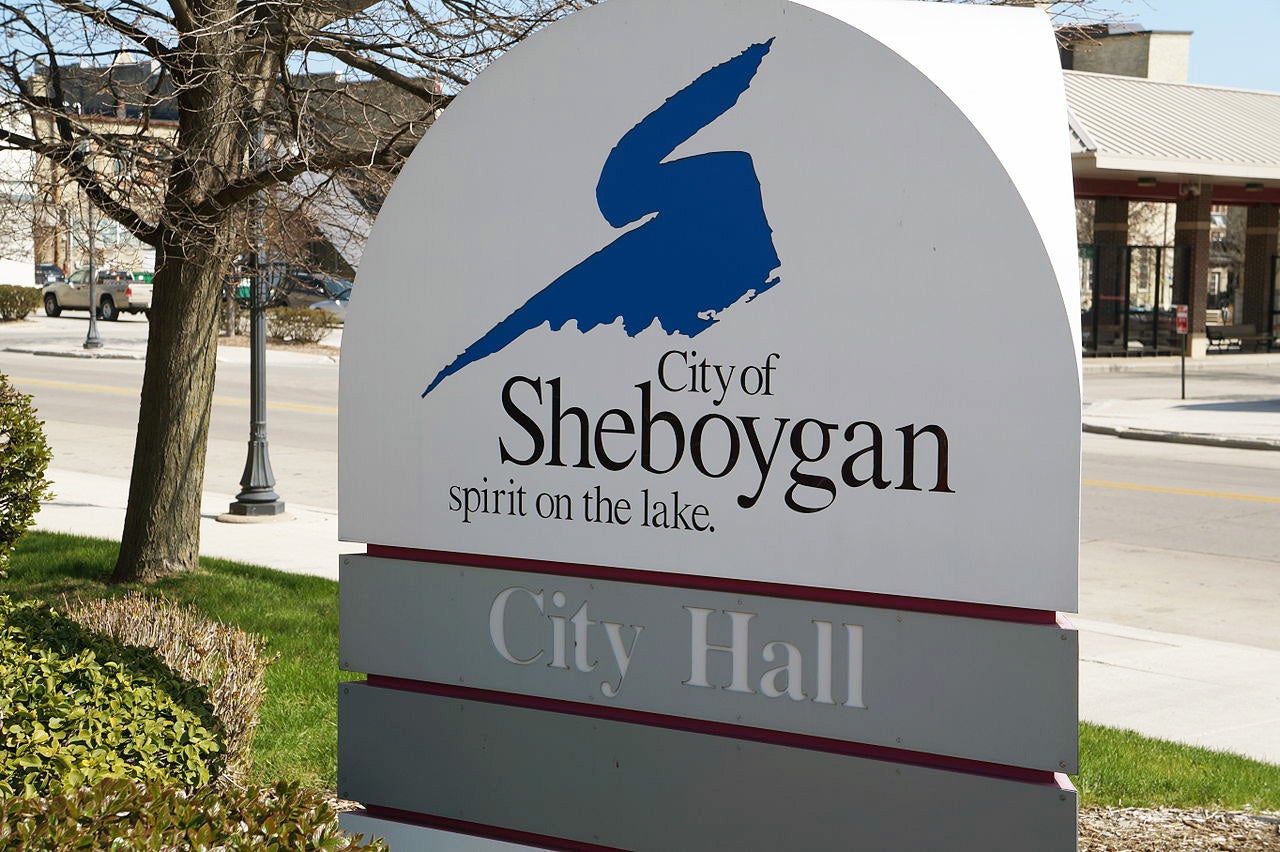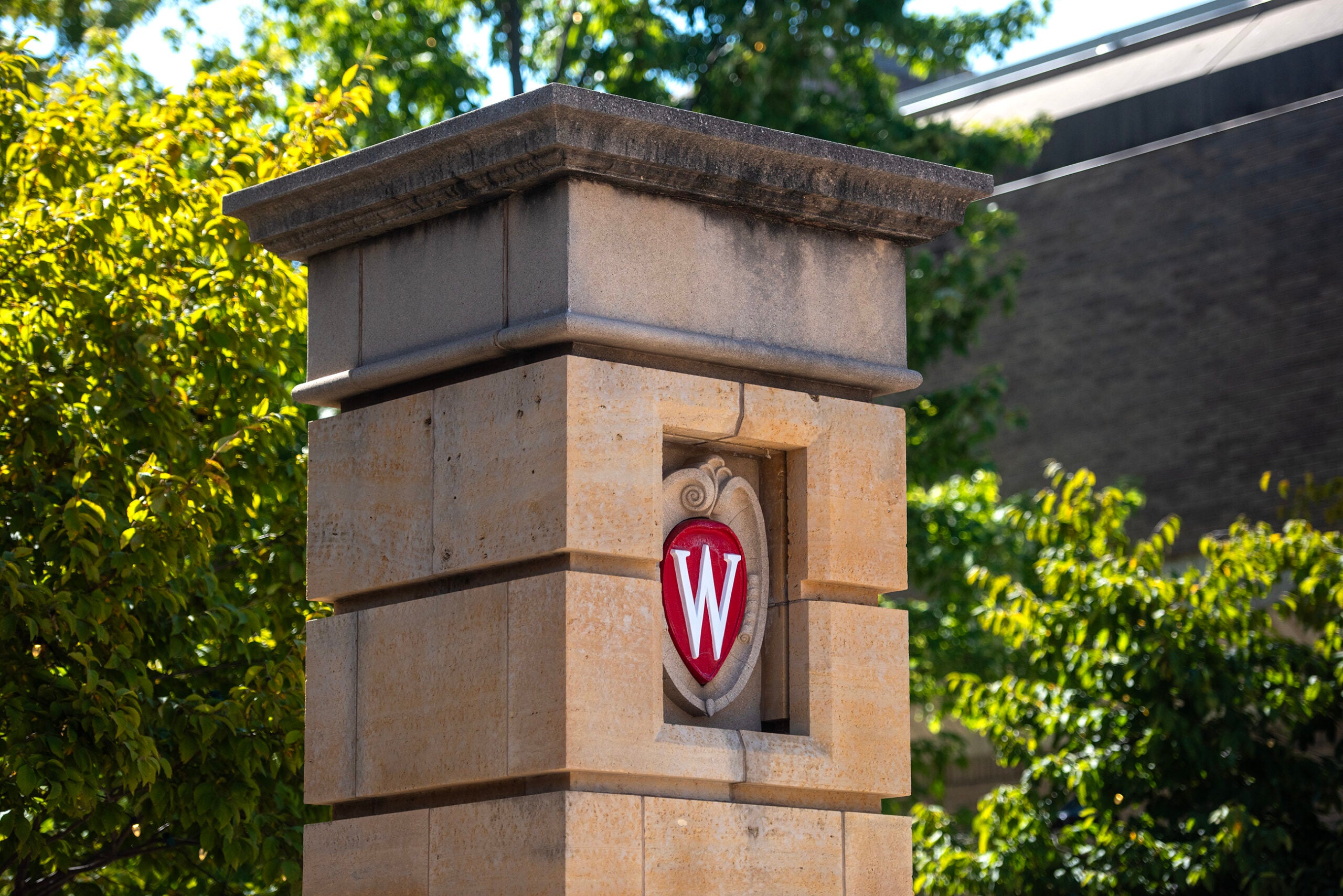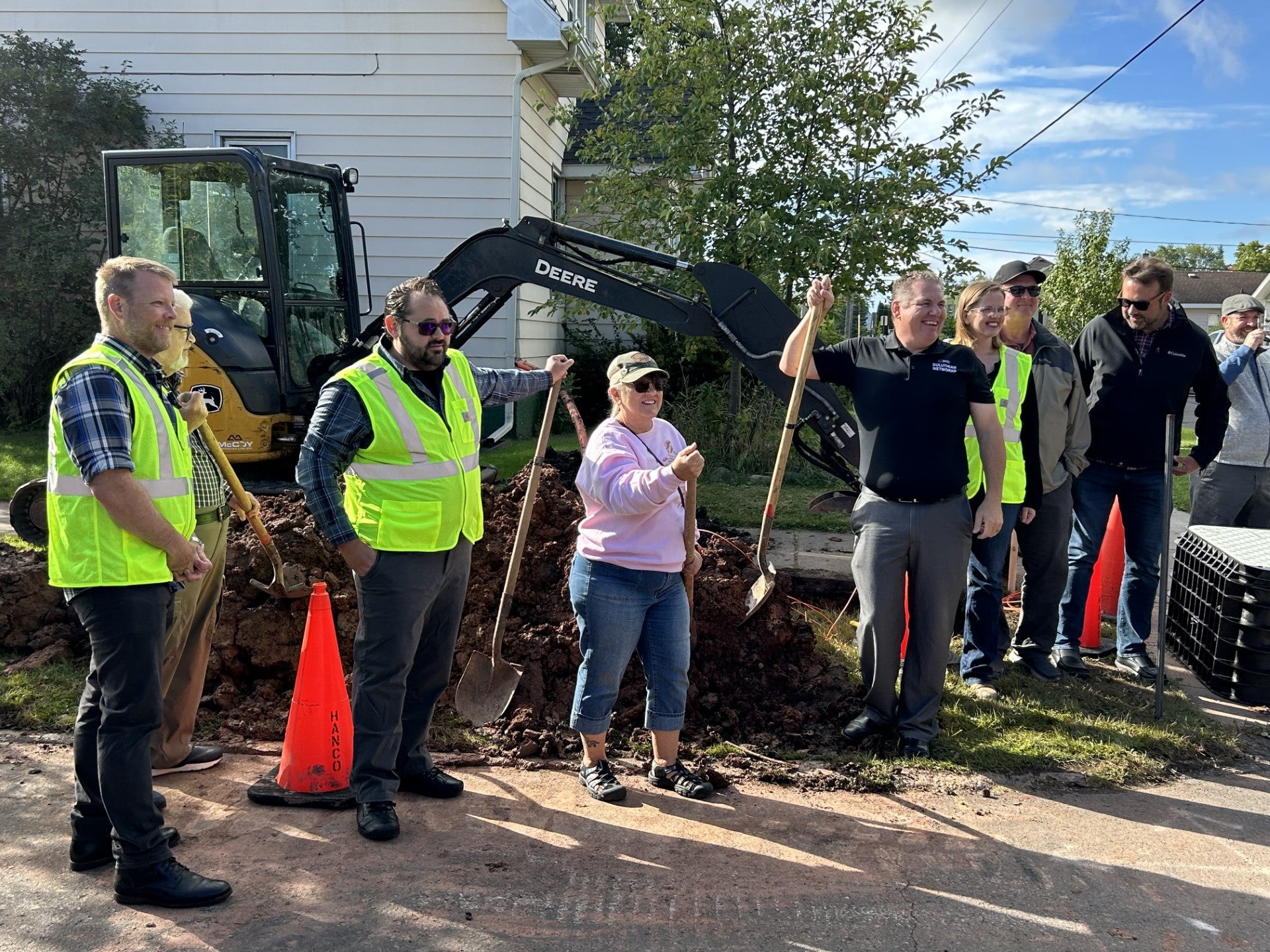The city of Sheboygan has secured its computer network after being hit with what appears to be ransomware attack, according to a statement released by city officials.
Last week, the city revealed it discovered a “network issue” late into the week of Oct. 28. The city said it was working with experts to isolate the computer network and begin working to restore functionality as quickly as possible.
On Sunday, the city released a statement saying its internal team and cybersecurity experts were investigating “unauthorized access to our network by an external party.” According to the statement, the city received a ransom request and reported the incident to law enforcement. Sheboygan officials say they are following law enforcement’s guidance in dealing with the ransom demand.
News with a little more humanity
WPR’s “Wisconsin Today” newsletter keeps you connected to the state you love without feeling overwhelmed. No paywall. No agenda. No corporate filter.
The FBI defines ransomware as a type of malicious software that prevents a user from accessing computer files, systems or networks unless the system administrator pays a ransom.
Sheboygan officials said they do not believe sensitive personal information has been compromised.
“Should we discover an impact to any sensitive personal information, we will notify those individuals as soon as possible and provide them with information and resources to assist,” the city stated.
Officials were not available for comment Monday.
According to the city, the investigation is ongoing. City phone lines are available for residents who need assistance or help accessing city services.
“We understand that this incident may cause concern, and we thank our employees, residents, and partners for their understanding and patience as we work through this situation,” the city’s statement said. “We remain committed to upholding our standards of trust and security.”
Wisconsin Public Radio, © Copyright 2025, Board of Regents of the University of Wisconsin System and Wisconsin Educational Communications Board.







